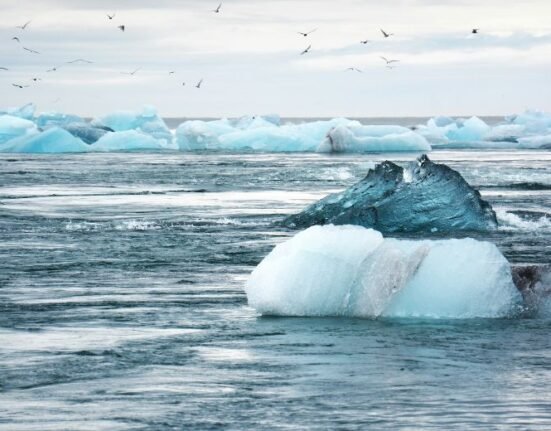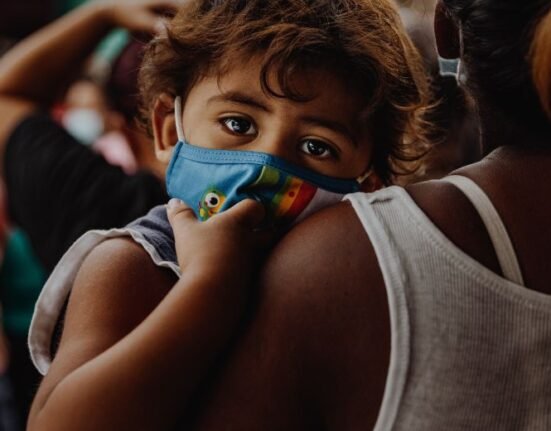HQ Team
December 10, 2022: The International Olympic Committee has decided to delay awarding the 2030 winter games as it investigates the effects of climate change on cities that host the snow sport.
The Olympic Committee’s executive board is looking at proposals to cycle the games through a pool of hosts and whether those locations would need to adhere to a set of climate criteria. This would change the format of electing a new location every four years. The 2026 Olympics are already scheduled for Milan-Cortina.
Three cities that have already hosted the event have shown an interest in holding the 2030 fixture, including Salt Lake City in the US, Sapporo in Japan, and Vancouver.
A study was conducted by climate researchers at the University of Waterloo in Ontario with inputs from athletes to determine what conditions are safe for competition. They factored in temperature, snow texture, rain and ice. According to the study:
- Sapporo was the only previous host city that would remain reliable through the 2080s even if greenhouse gas emissions are not reduced.
- Salt Lake City would only be suitable for athletes if emissions decline in accordance with the Paris climate agreement; otherwise, conditions here will be “marginal” by 2050.
The Olympic games were split into Summer and Winter games in 1994. And this rumination to reschedule the event in a fixed rota of cities will be the next big change in the event’s history. This relook at hosting the winter games also comes in the wake of waning interest among European nations to bid for this event.
Octavian Morariu, an IOC executive board member leading the review, said in a statement that “the new, flexible approach to electing Olympic hosts was designed so the IOC could respond swiftly and effectively to ever-changing global circumstances”. The IOC is concerned about the widespread decline in global snow cover as average temperatures on earth continue to rise.
Minimum temperature for winter Olympics
According to the National Oceanic and Atmospheric Administration, the US meteorological agency, snow cover in the North American Arctic has been below average for 15 consecutive years. The IOC said it will consider a proposal that future winter games host cities would “need to show average minimum temperatures of below zero degrees for snow competition venues at the time of the games over a 10-year period”.
A British Columbia government minister has though made it clear that the province is not ready to support the Vancouver bid, due to the billions of dollars in direct costs and liability risks “that could jeopardise our government’s ability to address pressures facing British Columbians right now”. Fraser Bullock, chief executive of the Salt Lake City bid, said the decision to delay the 2030 host was a surprise. “While that was disappointing, the context was good,” he said, referring to the IOC’s concerns about climate change. He added that Salt Lake City, Utah, will continue to prepare a bid for either the 2030 or 2034 events in addition to becoming a rotating host. “We would love to be a candidate for that,” he said.
The pandemic played havoc with Japan Olympics
The last Olympic games held in Japan in July 2021, were mired in the Pandemic controversy There were safety concerns for athletes including radiation from the Fukushima Daiichi nuclear disaster, water quality, and record heat levels. A bribery scandal also erupted, which is jeopardising the Sapporo bid for the 2030 Winter Olympics.
Advertising and media interest in the games was also affected due to the virus fears and lack of attendance.
Spiralling costs and public disenchantment with the awarding of the games have led the IOC committee to rethink the whole process. The 2028 Summer Olympics is to be held in Los Angeles, and the 2024 games in Paris. Six cities originally bid for the 2022 Winter Olympics, which was hosted by Beijing. Four dropped out before the IOC election, leaving the choices between the Chinese capital and Almaty, Kazakhstan.
Photo by Kipras Štreimikis on Unsplash








